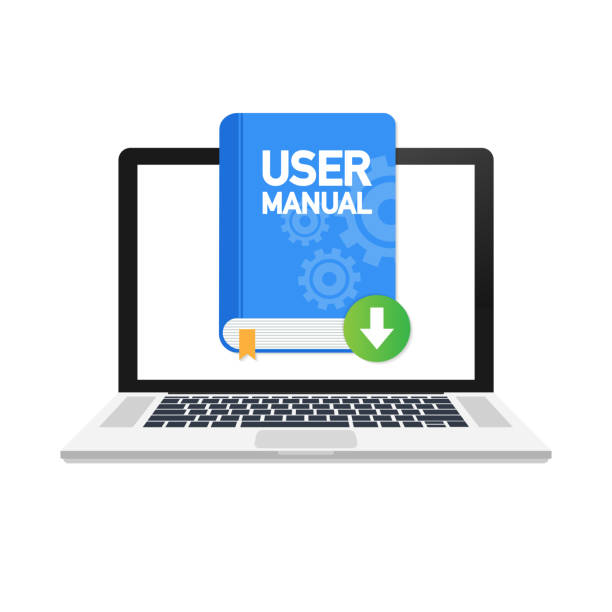Leadership User Manuals were popular back in 2018 as high growth companies tried to scale their leadership. Claire Hughes had probably the most famous example she created after leaving Google to join Stripe, where she took a very comprehensive and tactical approach.
Although I’m in a much smaller growth business, I do think it’s important for growth leaders to be self-reflective and communicate widely with their teams. To achieve this, I drafted and then asked my team to refine a leadership user manual of my own. This exercise in itself is a great test of psychological safety on your team! I’ve decided to share my manual publicly below, for me to reflect on in a few years, to inspire others to share and to provide an even higher level of personal transparency.
Scott’s User Manual
How I view success
Enjoying what you do (almost) every day. Australia is a land of privilege and we have a responsibility to do something that both makes ourselves and others happy. Even when you don’t enjoy it, feeling that at least you chose this path and are learning through the process.
How I communicate
- When you’re not hearing much from me – You are doing a good job, and I appreciate your work.
- “Please do this” – You need to do this now, and I shouldn’t have needed to tell you. Tell me when it’s done.
- “To be perfectly honest” – This is an intervention because you’ve strayed way off track. Come back to me with what you will do next before you do it.
- Bullet points – It helps me to structure my thoughts logically.
Things I do that may annoy or be misunderstood
- I change my perspective on what should be done between meetings
- I introduce a new idea or priority without much warning
- I give directives without context
- There are usually 2 reasons why I change my decision:
- New data – When I hear new data, it might cause me to change my decision. I then sometimes skip steps in bringing my team along with exactly why I changed my decision. If this happens, please challenge me with “What data made you change your mind on this?”
- An important stakeholder has had input – I will always name the stakeholder and be transparent with their feedback. My instinct is to test responses with the stakeholder immediately so I can better guide my team. When I then communicate to my team, it is very directive because I feel I have already tested a response and aligned on a narrative.
- Not being clear on whether the problem you are raising is a delegation or an FYI
- I’m sharing because I value transparency, but if there’s no immediate ask then it’s a stretch goal for a future quarter
What gains and loses my trust
- Gains – proactivity
- When you admit a mistake or weakness and ask for help.
- When you preempt an extra question – I appreciate knowing the details.
- When you follow through with something you said you would do
- Loses – inconsistency
- When I get information just before/after a stakeholder update. I lost face because I didn’t know something was wrong. I appreciate knowing the details.
- When you stop doing something that was your responsibility because I stopped paying attention. I trust you to own your area especially when I’m not watching.
- When after a pattern emerges (e.g. repeated issue) you don’t at least seek to put a system in place.
My strengths
- Bringing order to chaos – structure, prioritisation, frameworks, data
My growth areas
- I need to be more explicit when giving feedback, particularly around whether it was acceptable or not
- As per misunderstandings, I need to provide more context when changing a decision
My expectations of my direct reports
- Own your shit – Surprise me with ambitious goals, follow through on what you said and show me that you know the key details. Autonomy should be your goal, and then my role is to challenge you with greater opportunities.
Logistics
- My calendar is always up to date and public, I always accept/decline and appreciate edit access so I can reshuffle if necessary
- Anyone can book my calendar at any time. I love drop in 1:1’s, particularly for a coffee or walk around the city.
- 1:1’s are your time to drive the agenda. If I have no questions then I’m feeling confident in your ability.
Giving and Receiving Feedback
- If I’m doing this well, then my feedback will never be a surprise. Tell me if you are surprised or if it’s consistent with past feedback to help me calibrate here. Surprises should never happen.
- If you are not getting enough feedback, I hope you feel safe enough to ask.
- If you ask and don’t get what you want, keep asking. I respect persistence when I don’t have a good answer for you.

Leave a Reply